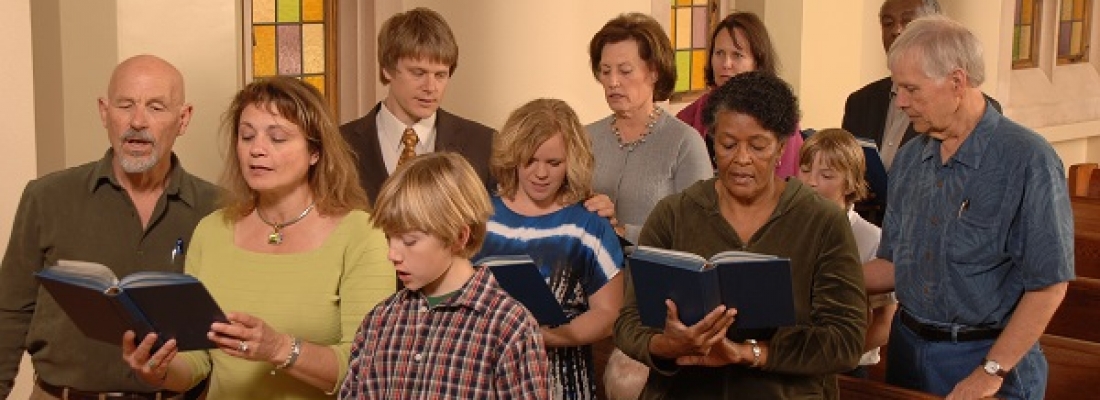In recent years the role of churches as sanctuaries and asylums for people fleeing law enforcement has entered the spotlight. People facing deportation for immigration law violations have sometimes turned to churches in hopes that a church’s sanctuary status will protect them from immigration enforcement. Churches that provide sanctuary to fugitives should take a moment to understand the limits upon a church’s ability to prevent law enforcement from arresting someone on church grounds, as well as the potential legal liability to the church, its employees, and its volunteers.
A church is not a valid sanctuary against arrest
A church can play a role as sanctuary in a wide range of circumstances, including protecting victims of domestic violence, shielding minors from abusers, and simply providing a warm place to sleep during freezing weather. But a church is not, as a general rule, a place where suspected criminals can successfully hide. The law does not prevent police, including immigration enforcement and other specialized units, from entering church grounds to arrest a criminal suspect who has claimed religious sanctuary.
That’s the legal side of this question, but there’s also a cultural dimension. Media reports have indicated that federal Immigration and Customs Enforcement (ICE) officials have been reluctant to arrest suspected undocumented immigrants who have sheltered in churches. This is almost certainly because of the potential backlash from the community, which probably doesn’t understand the extralegal nature of “sanctuary” churches.
Harboring a suspected criminal could be a crime
Church leaders must give careful consideration to the potential consequences for the church and its personnel before offering sanctuary to someone who is running from law enforcement. Harboring a criminal is often also a criminal offense, punishable by jail time. For example, federal immigration law provides that harboring undocumented immigrants “in any place” is a crime. Anyone who knowingly gives assistance to a fugitive may be subject to arrest and prosecution, and the church itself may be subject to criminal fines.
Church leaders may feel that they have a religious obligation to help some types of fugitive, such as a family with small children that is facing deportation. The decision to offer such support should be made by the church’s board, and only after examining all the facts and measuring the potential risks. Among the issues to consider is whether the church’s insurance will cover legal costs in the event the church or its personnel are criminally prosecuted. Similarly, the church needs to understand its legal obligations with respect to the individuals who will know about and assist the fugitive. These are serious matters that shouldn’t be discussed without consulting an expert.
Consult with a church law attorney before offering sanctuary
The Church Law Center of California can provide guidance to churches in all aspects of church governance. We can help your church craft a sanctuary policy or evaluate the risks of offering sanctuary in a particular case. Call us today at (949) 892-1221 or through our contact page.






